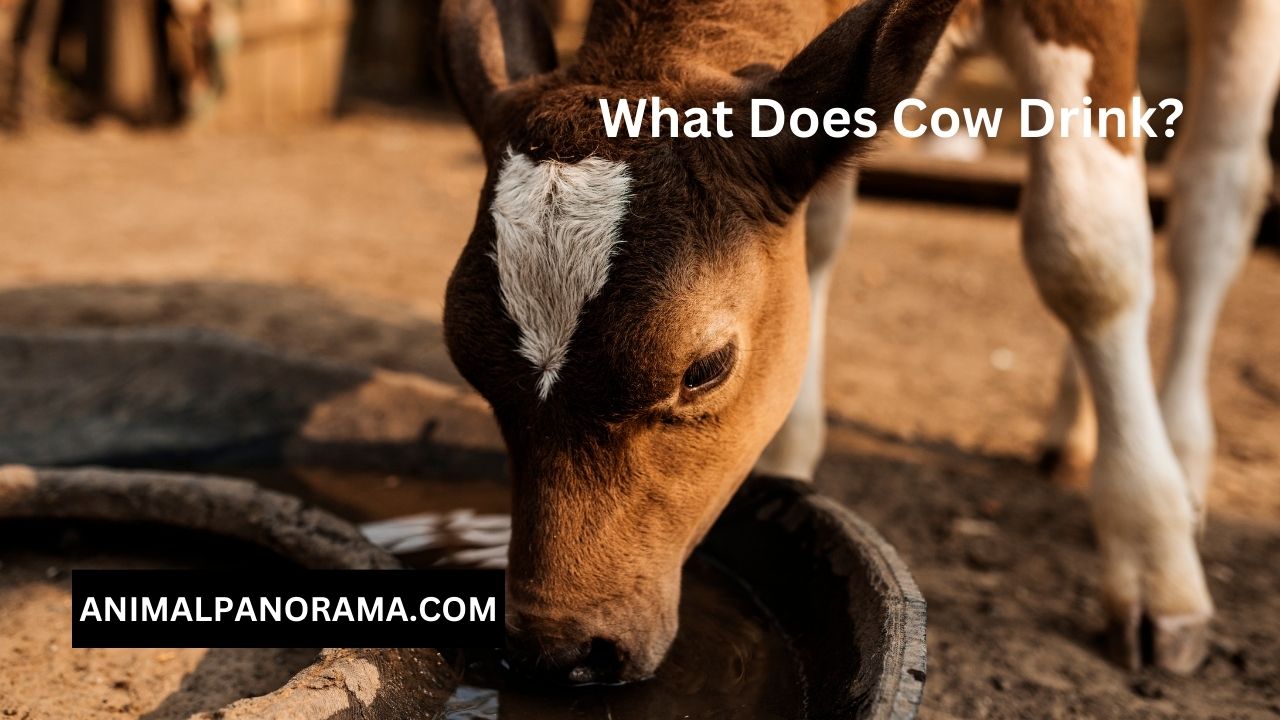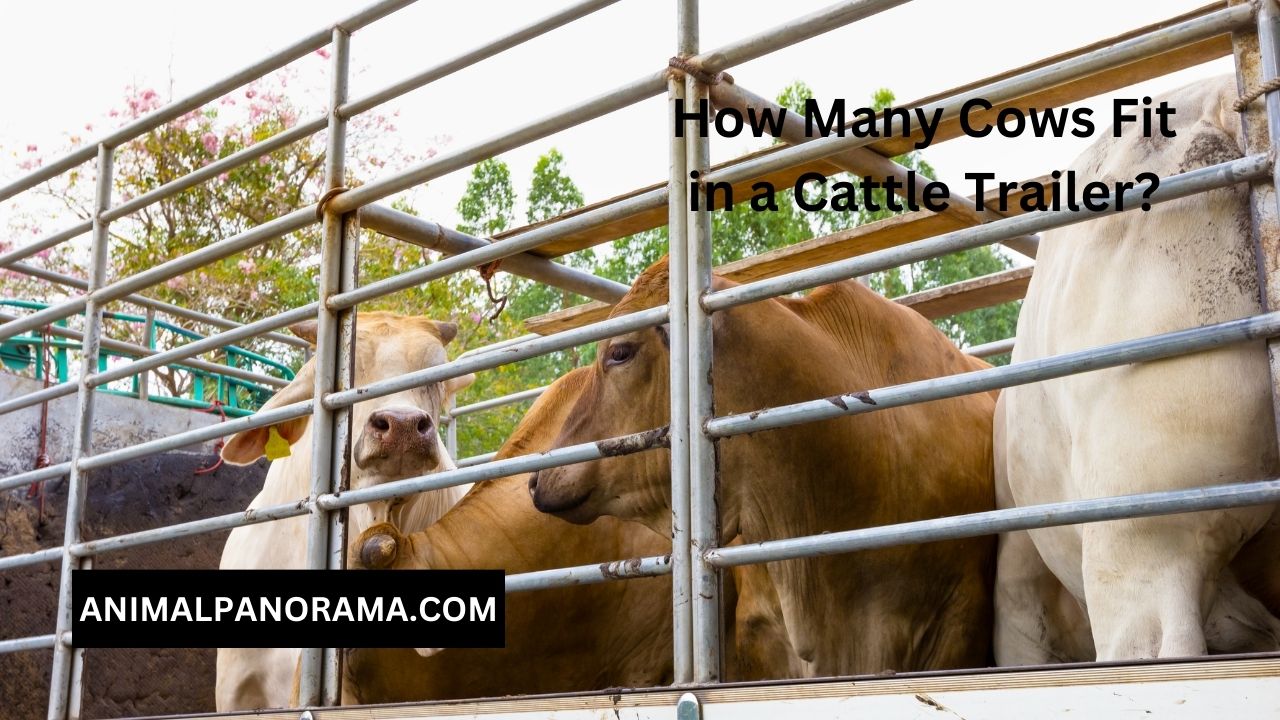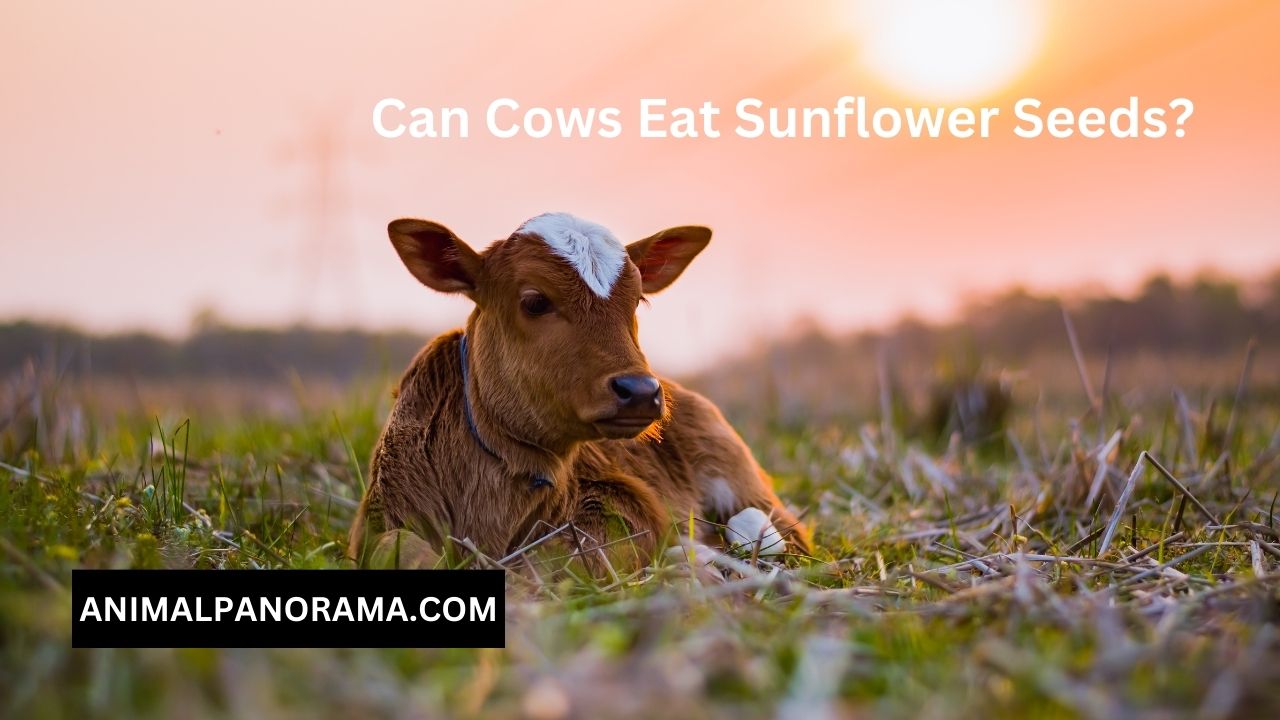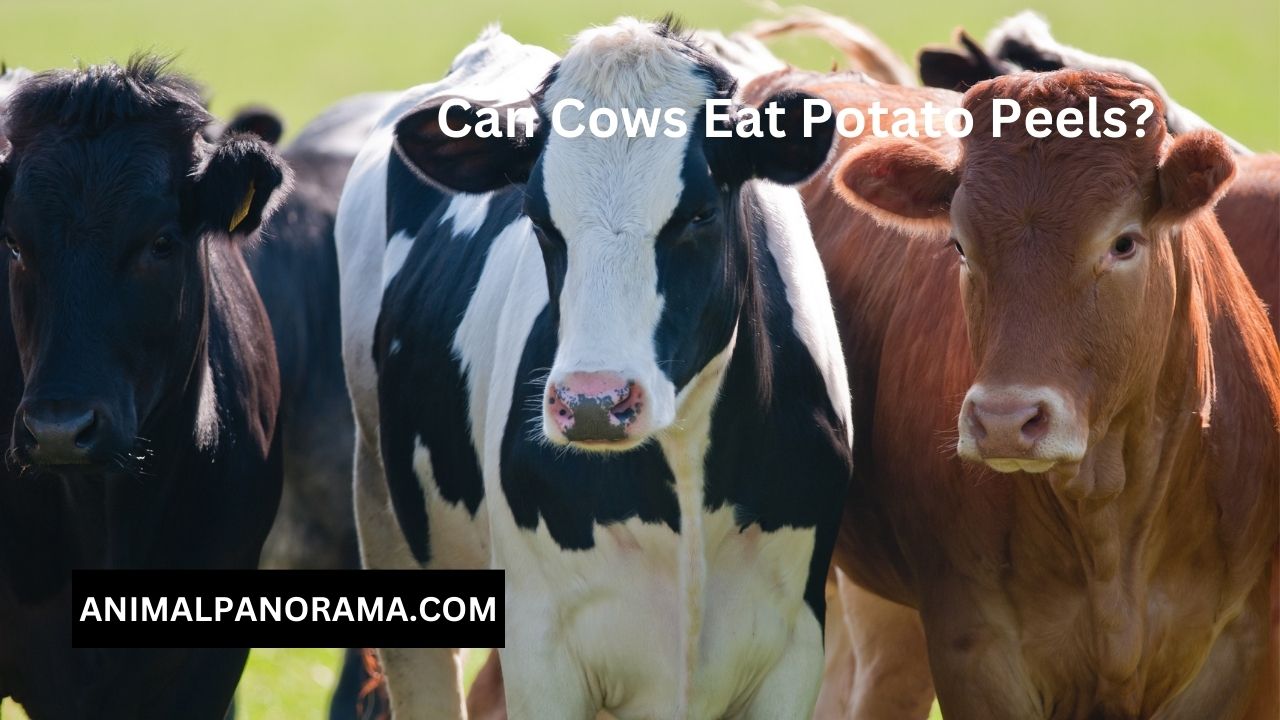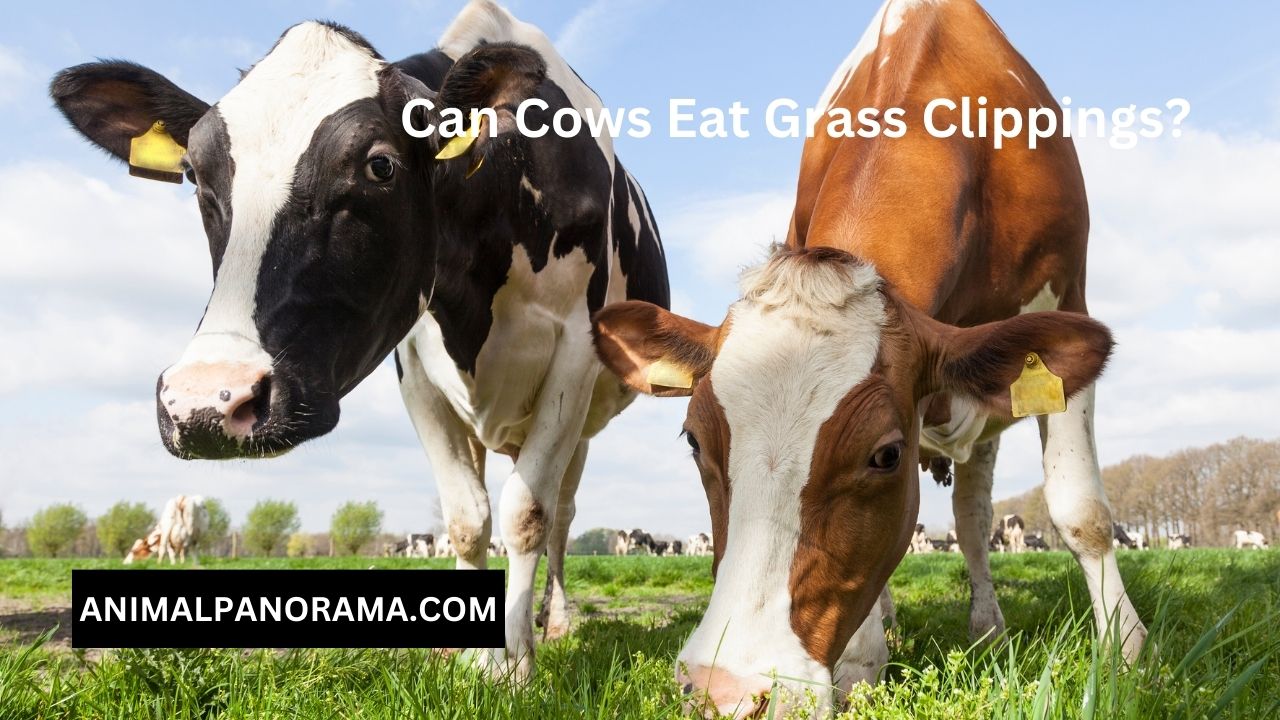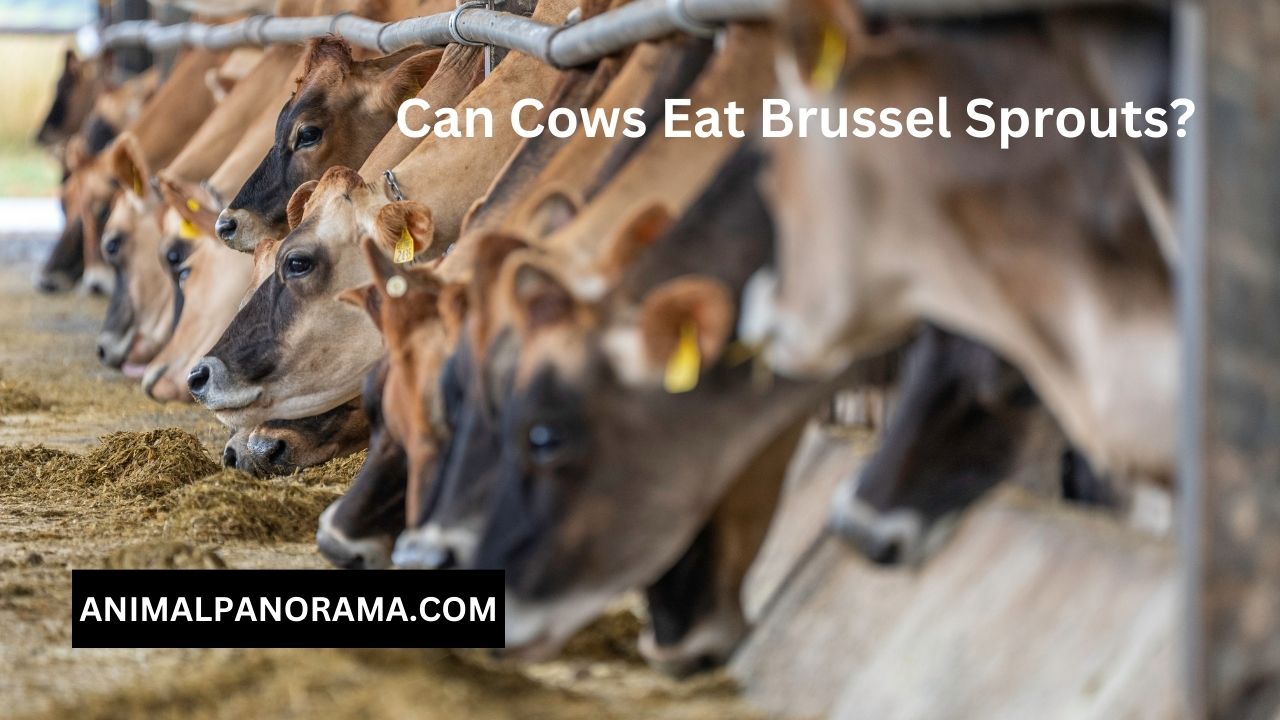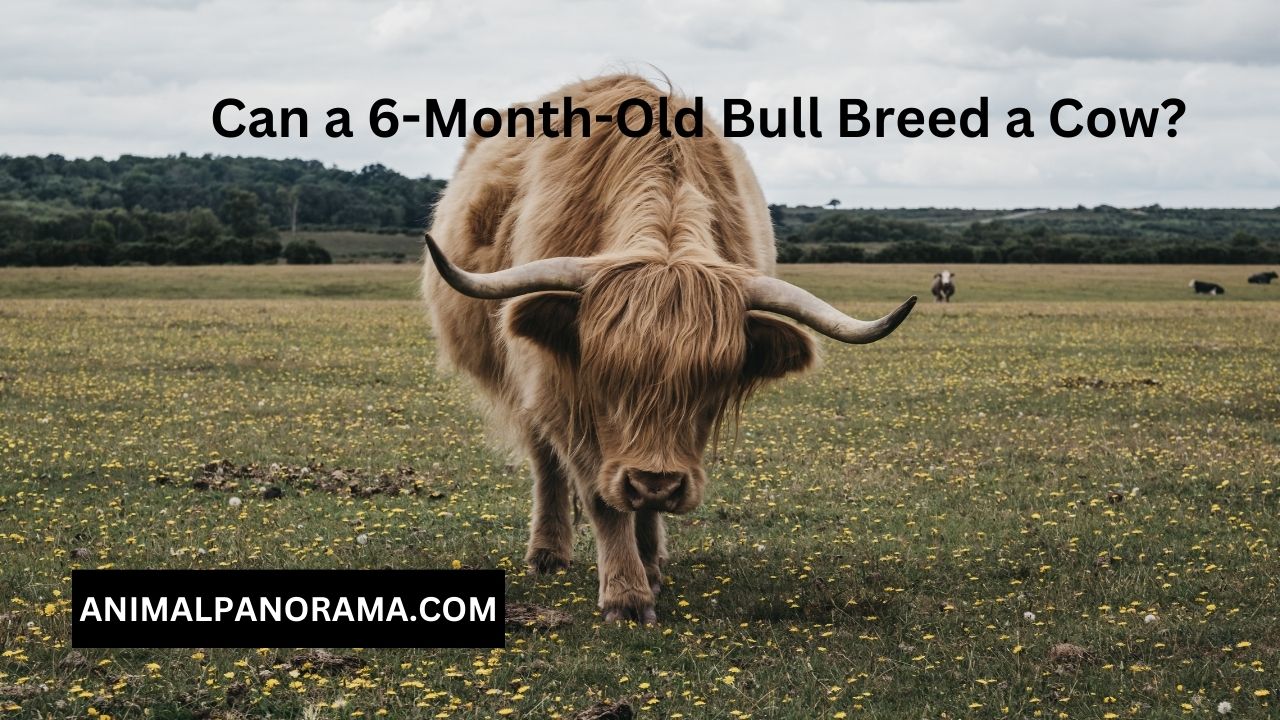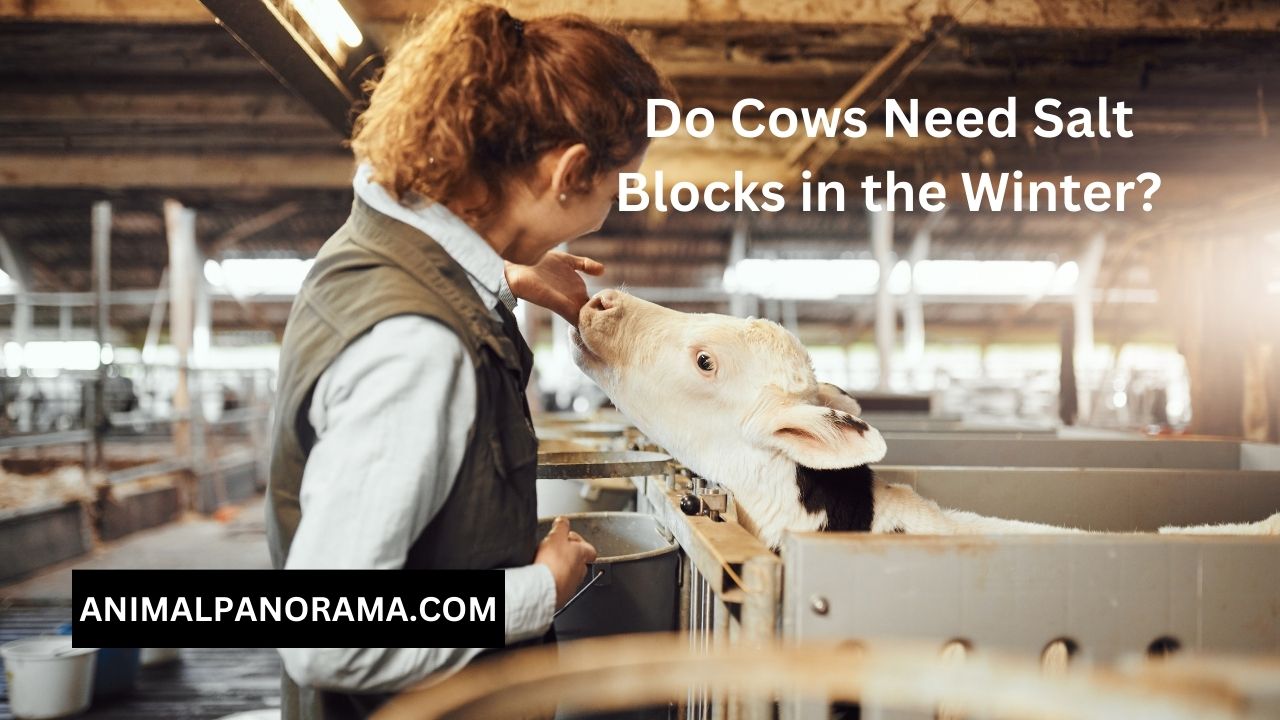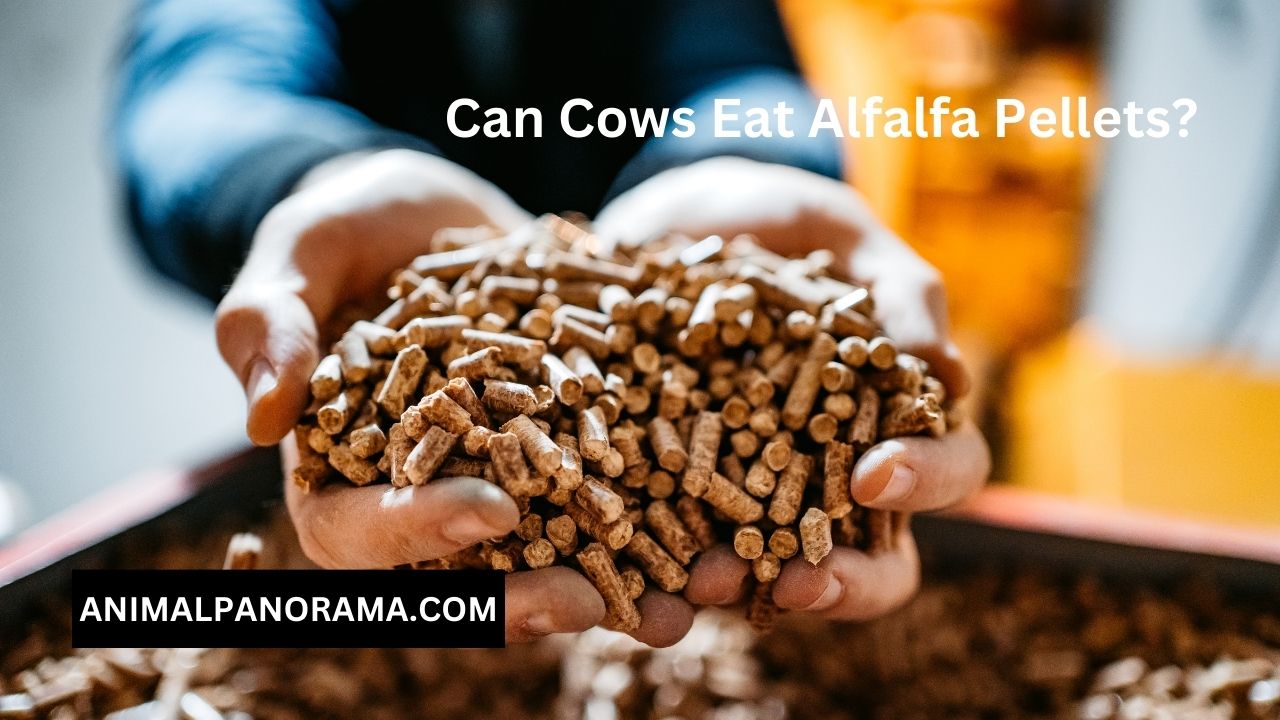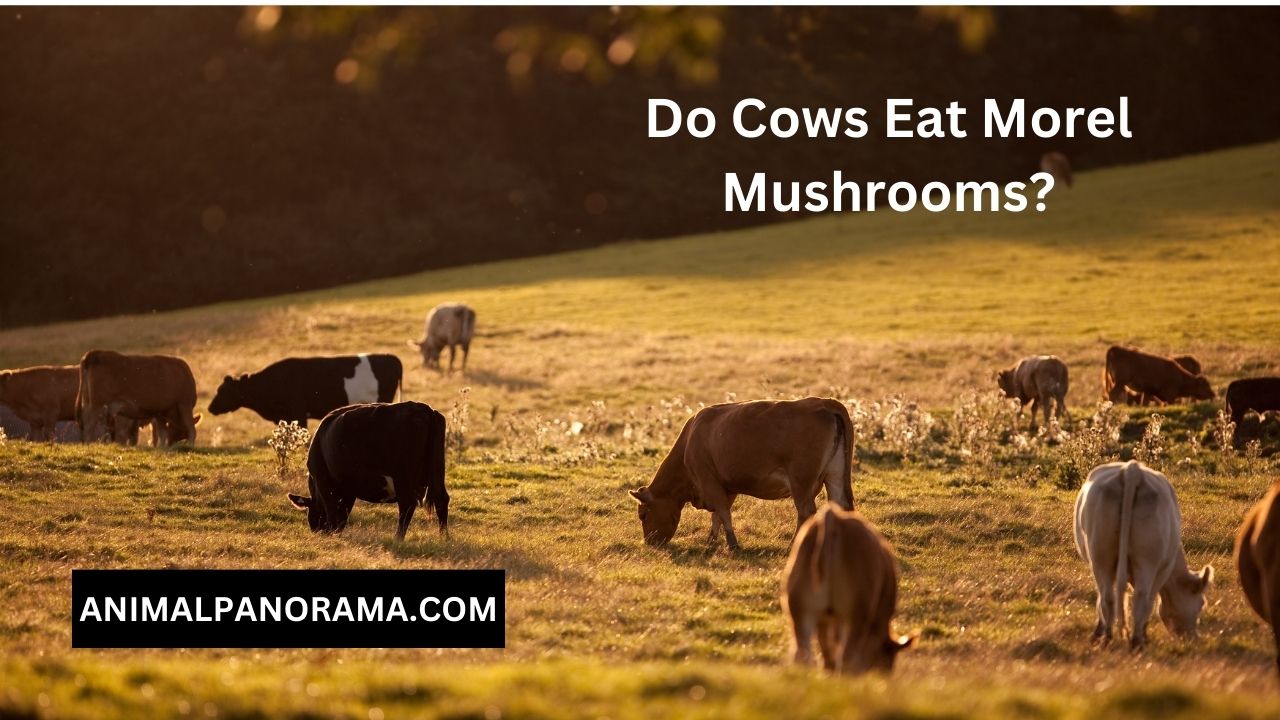What Does Cow Drink?
When posed the question “What does cow drink?”, many people might instinctively answer “milk.” This common misconception stems from the fact that cows are often associated with milk production. However, the reality is that cows, like most animals, primarily drink water. What Does Cow Drink? This article aims to delve deep into the hydration habits … Read more

